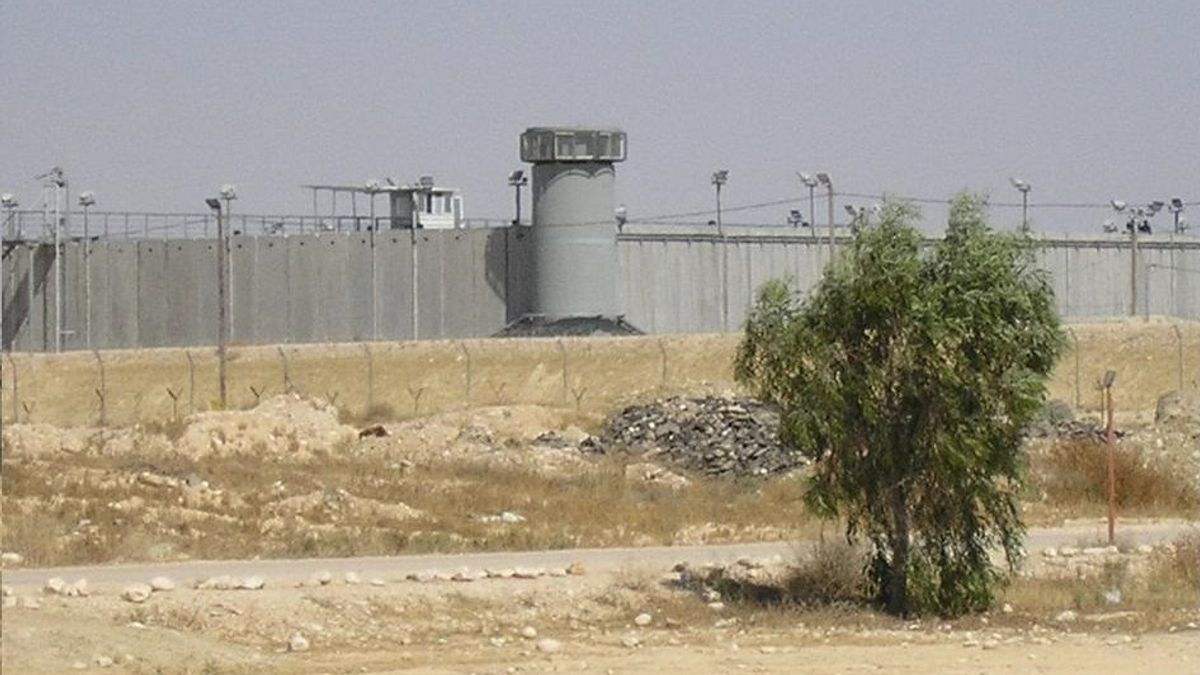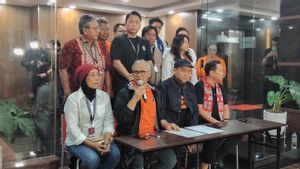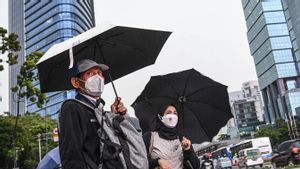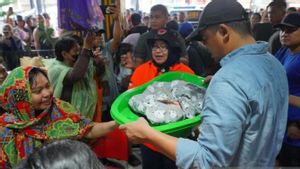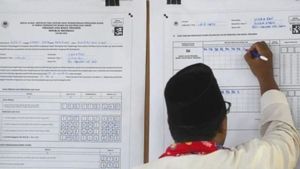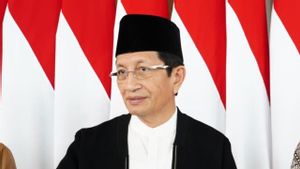JAKARTA - The Detention and Ex-Detainees Commission said new testimonies about Palestinian prisoners from the Gaza Strip revealed that more than a thousand Gazans detained in Israel's Negev desert prison were facing systematic torture, torture, and horrific attacks.
According to Gaza prisoners' testimony at Negev prison, there were about 1,200 Gaza prisoners in Negev prison, divided into eight parts, each section containing 150 prisoners.
Prisoners suffer from unbearable conditions in overcrowded cells that do not have basic health standards, including insect attacks and snakes, causing infectious skin disease outbreaks.
The Commission stressed that nearly a year after the ongoing genocide war against the Palestinian people, the occupation continued to use all available policies and methods to torture prisoners in prisons and their detention camps, which have been places of torture operations, cited from WAFA September 25.
The commission further explained that the current treatment of prisoners is a manifestation of the genocide war, which was proven in the terrible and brutal testimony of those imprisoned.
Time goes by only increasing the threat to the fate of detainees, as prison administration continues to develop new methods to strip them of humanity, the commission said.
The agency reiterated its call for international human rights systems to take back its important role, ending impotence over the systematic crimes of occupation amid ongoing genocide and crimes committed against Palestinian prisoners in Israeli prisons.
The Commission calls for occupation leaders to take responsibility in international courts for their genocide, systematic looting and destruction of all Palestinians and crimes committed against prisoners.
SEE ALSO:
It said the occupation authorities had committed crimes of forced removal of thousands of prisoners in Gaza.
Several months ago, after several legal amendments, human rights organizations were able to make limited visits to detainees. However, many are still the target of forced disappearance crimes, along with thousands of other people who are still missing.
To date, the occupation has refused to allow the International Red Cross Committee to visit detainees or obtain any information about their status. The commission highlights significant obstacles that legal teams have faced in follow-up and their visits since the start of the war.
The English, Chinese, Japanese, Arabic, and French versions are automatically generated by the AI. So there may still be inaccuracies in translating, please always see Indonesian as our main language. (system supported by DigitalSiber.id)
